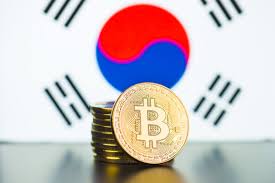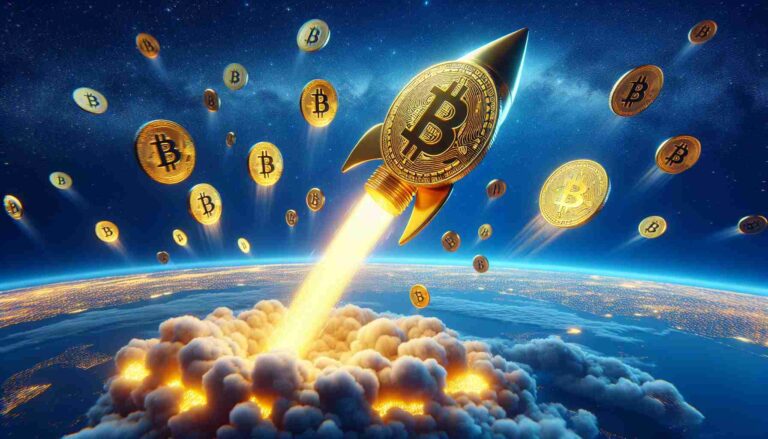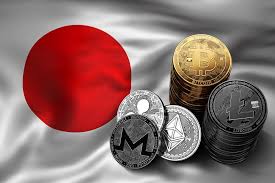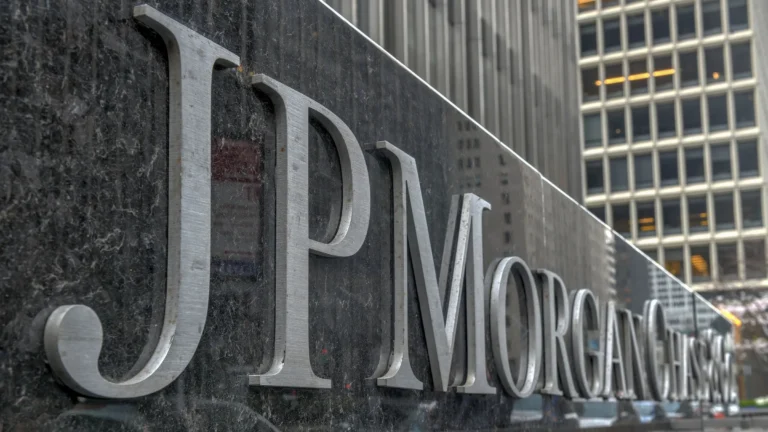Why the Bank of Korea Said ‘No’ to Bitcoin and What It Means for the Future
Imagine a world where central banks hold Bitcoin as part of their reserves, just like gold or US dollars. That’s exactly what some countries are starting to consider—but not South Korea. The Bank of Korea (BOK) has made it clear: Bitcoin will not be part of its foreign exchange reserves. But why? And what does this decision mean for the future of Bitcoin and global finance?
Step 1: Why the Bank of Korea Rejected Bitcoin
The BOK gave two big reasons for rejecting Bitcoin as a reserve asset:
- Volatility – Bitcoin’s price swings like a roller coaster. One day it’s up, the next day it’s down. The BOK is worried that holding Bitcoin could lead to huge transaction costs when they need to cash out. Imagine if they had to sell Bitcoin at a loss during a financial crisis.
- IMF Guidelines – The International Monetary Fund (IMF) has strict rules on what counts as a reliable foreign exchange reserve. These reserves must be liquid (easy to sell), stable, and low-risk. Bitcoin, according to the IMF, doesn’t meet these criteria.
Step 2: The Global Bitcoin Reserve Trend—Who’s Saying ‘Yes’?
The BOK’s decision comes at a time when other countries are looking at Bitcoin differently. Just a few days ago, former U.S. President Donald Trump signed an order to create a Strategic Bitcoin Reserve, using Bitcoin the U.S. government seized from criminals.
This move has pushed other nations to reconsider their stance on Bitcoin reserves, including some in Europe and Asia. But South Korea isn’t convinced yet—it’s siding with countries like Japan, Switzerland, and the European Central Bank, which remain skeptical about Bitcoin as a reserve asset.
Step 3: South Korea’s Crypto Regulations Are Loosening—But Not for Bitcoin Reserves
Even though South Korea is rejecting Bitcoin reserves, it’s actually becoming more open to crypto in other ways:
- The government is working on lifting its ban on institutional crypto trading.
- A new legal framework is being developed to regulate stablecoins (cryptos that are tied to assets like the US dollar).
This means South Korea isn’t anti-crypto, but it’s taking a cautious approach—accepting crypto in some areas while keeping it out of its reserves.
Key Words to Remember
- Foreign Exchange Reserve – A country’s savings, usually held in stable assets like gold or U.S. dollars.
- Volatility – How much an asset’s price moves up and down, making it risky for reserves.
- Liquidity – How easily an asset can be sold for cash without losing value.
- IMF Guidelines – International rules on how central banks should manage their reserves.
- Strategic Bitcoin Reserve – The idea of a government holding Bitcoin as part of its national wealth.
Why This Matters to You
This decision by South Korea highlights a bigger battle: Is Bitcoin a real financial asset, or is it just speculation?
If more countries start adding Bitcoin to their reserves, it could increase demand, drive prices up, and make Bitcoin even more powerful in global finance. But if big economies like South Korea keep rejecting it, Bitcoin’s role in the traditional system could remain limited.
As someone interested in crypto, you should be watching these moves closely. Countries that embrace Bitcoin as a reserve asset could become financially stronger in a future where fiat money loses value. Meanwhile, those that reject it might miss out on the next big financial revolution.
The world is at a turning point—will Bitcoin become the new gold, or will countries like South Korea regret staying on the sidelines?



